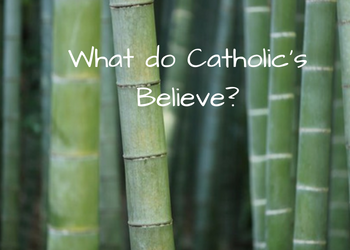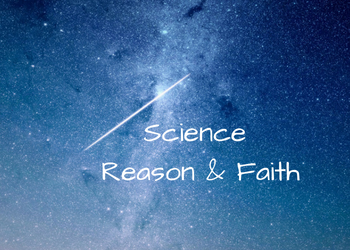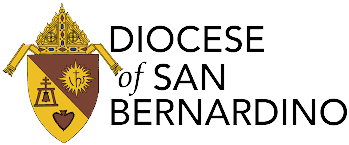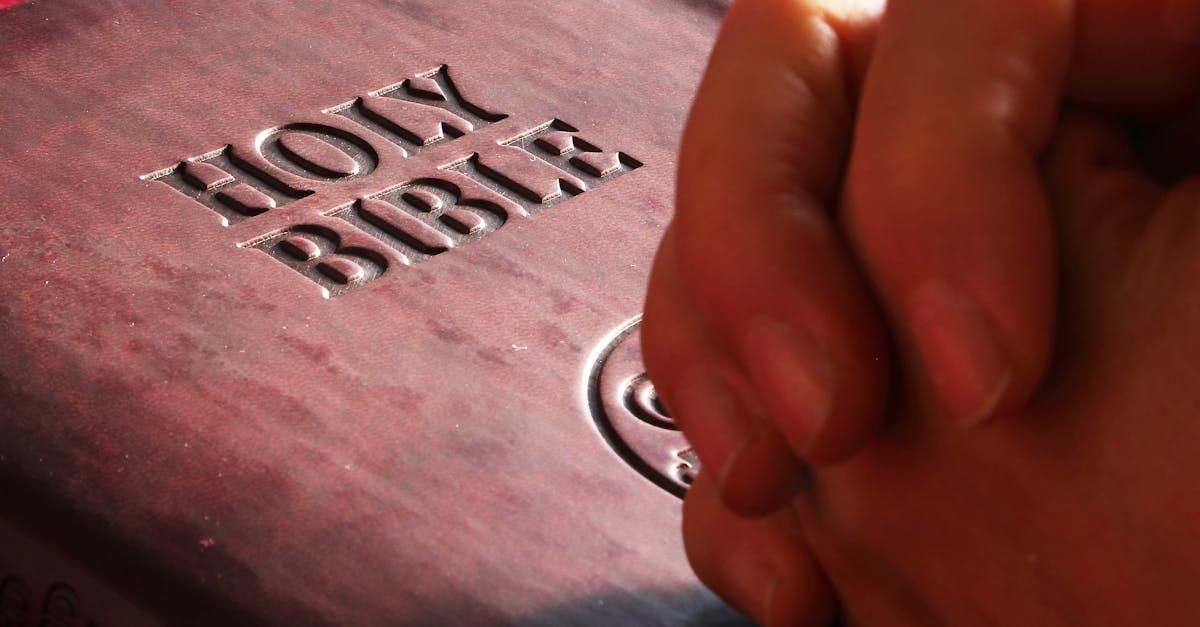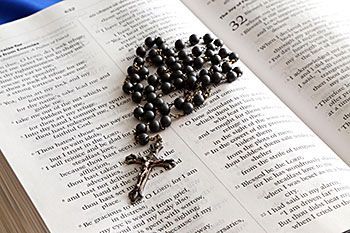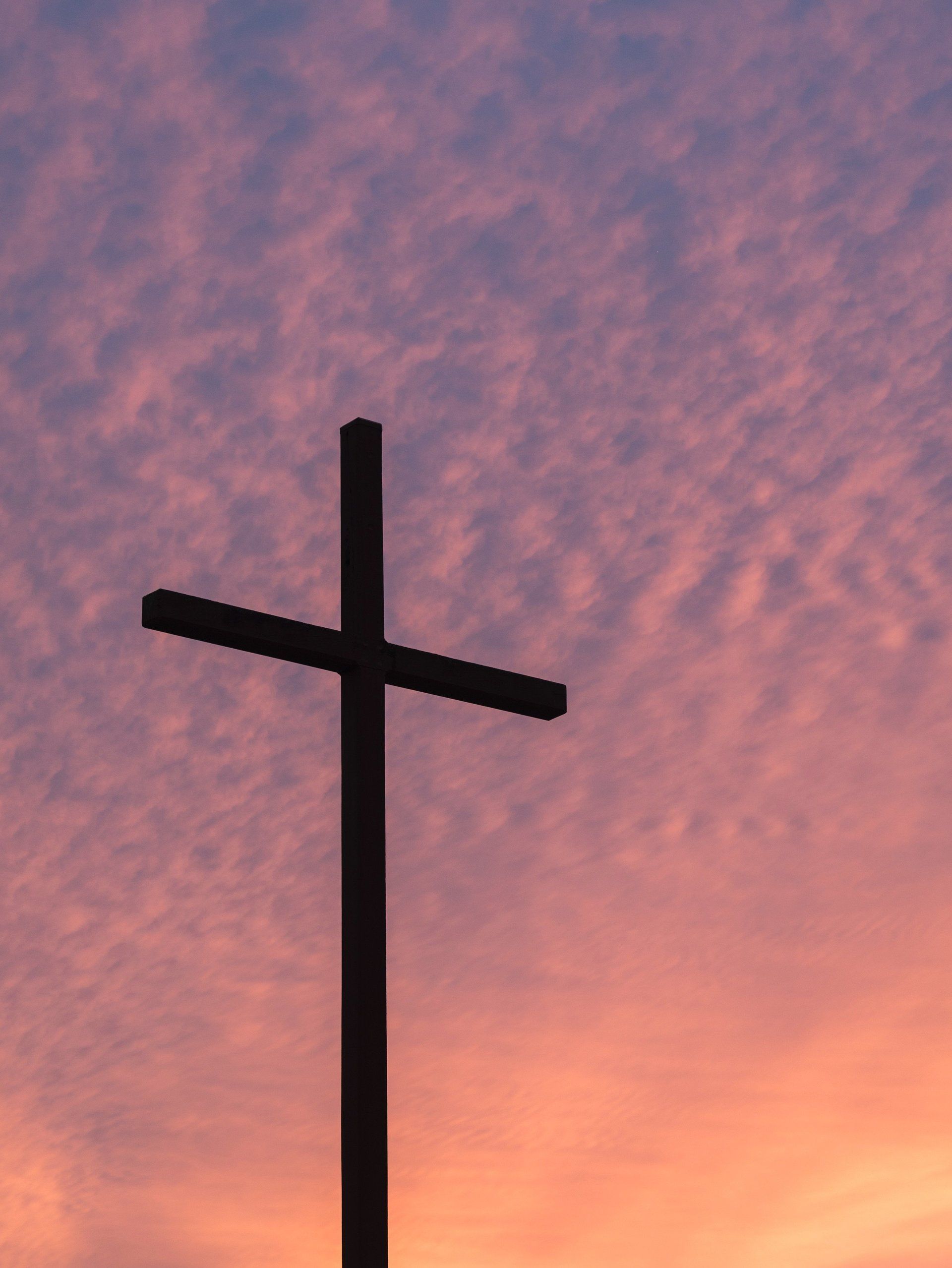By Father Joshua J. Whitfield
•
October 6, 2023
Let’s think about Paul’s words, his astounding invitation to be anxious about nothing at all (Phil 4:6). How’s that going for you? Listening to parishioners, to penitents in the confessional, to my mailman the other day, from what I can tell, not well at all. The world is frightening, more frightening than it was, many feel. That’s what I hear constantly. Culture wars, real wars, climate change, COVID-19 again, civil strife, synodal hopes and fears, and finances, all conspire to unsettle many of us. I get it; I’m unsettled at times, too. Sometimes, even I ask myself where on earth is that peace beyond understanding? How can I find it? Is it actually real? Of course, the simple answer — however, it seems at times counterfactual — is that yes, the peace Paul wrote about is real. But you must look for it. Hence, Paul’s plainly practical advice: “[W]hatever is true, whatever is honorable, whatever is just, whatever is pure, whatever is lovely, whatever is gracious, if there is any excellence, and if there is anything worthy of praise, think about these things” (Phil 4:8). Again, notice how concrete this advice is. If we put it in negative terms, refitted for our own time, then perhaps Paul’s advice would go something like this: “Stop doomscrolling , stop watching cable news, pay a lot less attention to politics, let go of your fascination with every ugly new scandal.” Now, this, believe it or not, is good advice immediately applicable. Those who have taken it have been the better for it. Thomas Merton, for instance, wrote that he always preferred to take the news “slightly stale,” that is, never as “breaking” news. “The news reaches me in the long run through books and magazines, and no longer as a stimulant,” he said. He said being addicted to the news was like being addicted to cigarettes, a hard habit to kick. However, with a little effort, the “need for this habitual indulgence disappears.” You discover you no longer really need to hear much. And then you’re a little closer to that peace you’re looking for. Rooted in our home soil But isn’t that irresponsible? Shouldn’t we inform ourselves to be good global citizens? Sure, but perhaps not so much, not constantly. Better to better inform yourself about what’s immediately around you first. This is certainly not to indulge in what Pope Francis has called “local narcissism” ( Fratelli Tutti, No. 146), but it is to suggest that we can’t love our neighbor if we ignore the neighbor closest to us; it’s to suggest that we can’t have anything like a good perspective on national or global affairs if we’re not rooted in love in our own home soil. That’s often why the world seems so scary because we’re focused only on what’s scary all over the world all the time, ignoring what’s so beautiful nearest us. Think about these things, Paul would tell us — our family, our parish, our neighbors, our closest friends. But again, this isn’t just localism. Paul’s words are first an invitation to contemplation . The Catechism of the Catholic Church calls contemplation “a gaze of faith, fixed on Jesus” (No. 2715). The truest, most honorable, most just, most pure, most lovely and gracious thing one can think about is Jesus. Paul is not simply trying to pry us away from the world’s ugliness, he’s trying to turn our eyes to something eternally beautiful. Here we come even nearer to that peace beyond understanding. “Peace be with you,” the risen Lord says to us (Jn 20:19). That’s it! If we want truly to find that peace, which passes all understanding, which the world cannot steal from us, then we must keep our eyes fixed on Jesus. This again raises very practical questions leading to very practical advice: How’s your prayer going? When was the last time you spent an hour in front of the Blessed Sacrament ? How bad do you want this peace? Are you willing to do something about it? If so, you know what to do. As you read these very words now, the Lord in the Blessed Sacrament is probably not very far from you. You can go visit the Lord today probably. But again, if you want this peace. Not everyone does. This article comes to you from Our Sunday Visitor courtesy of your parish or diocese.


